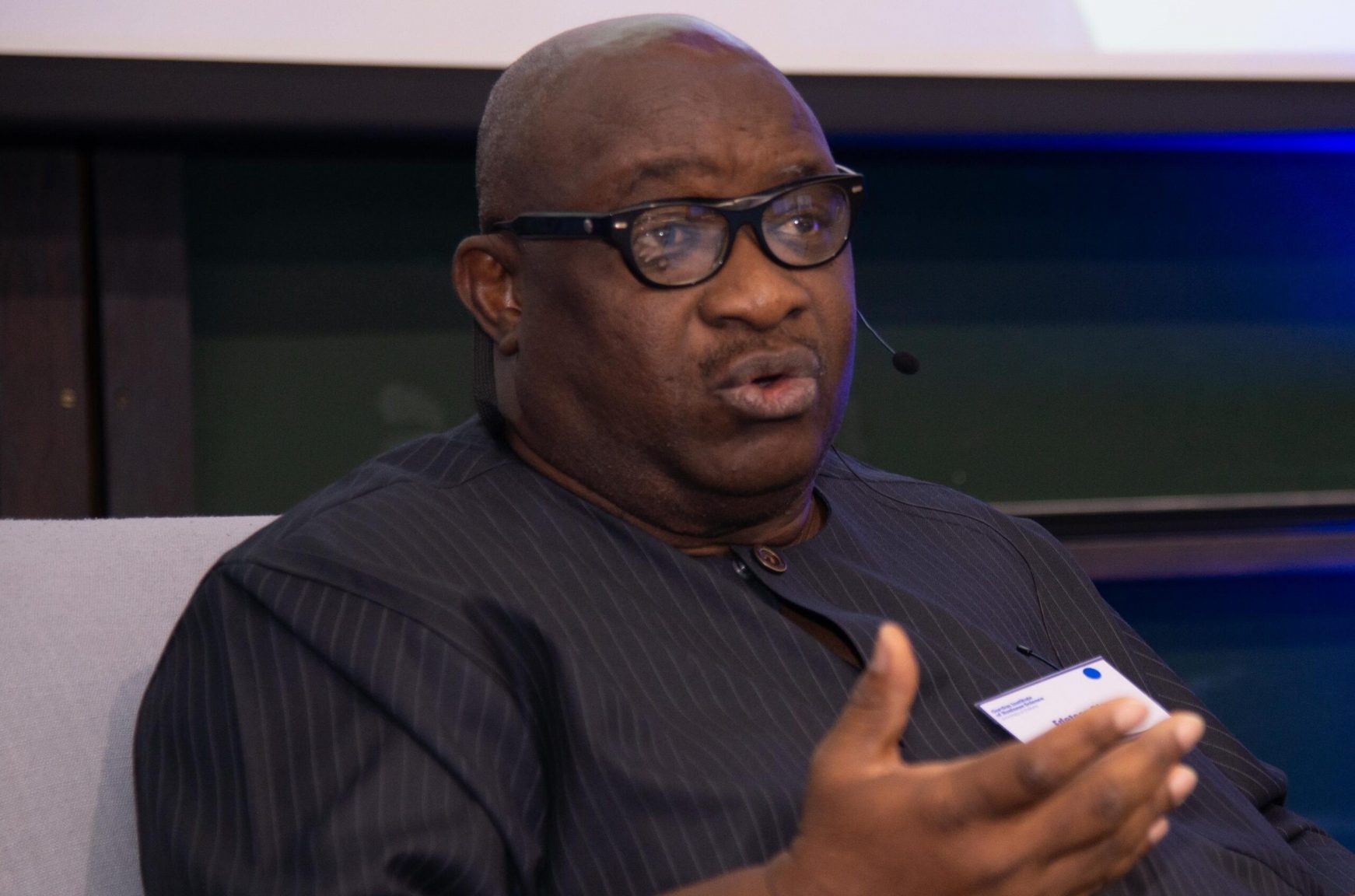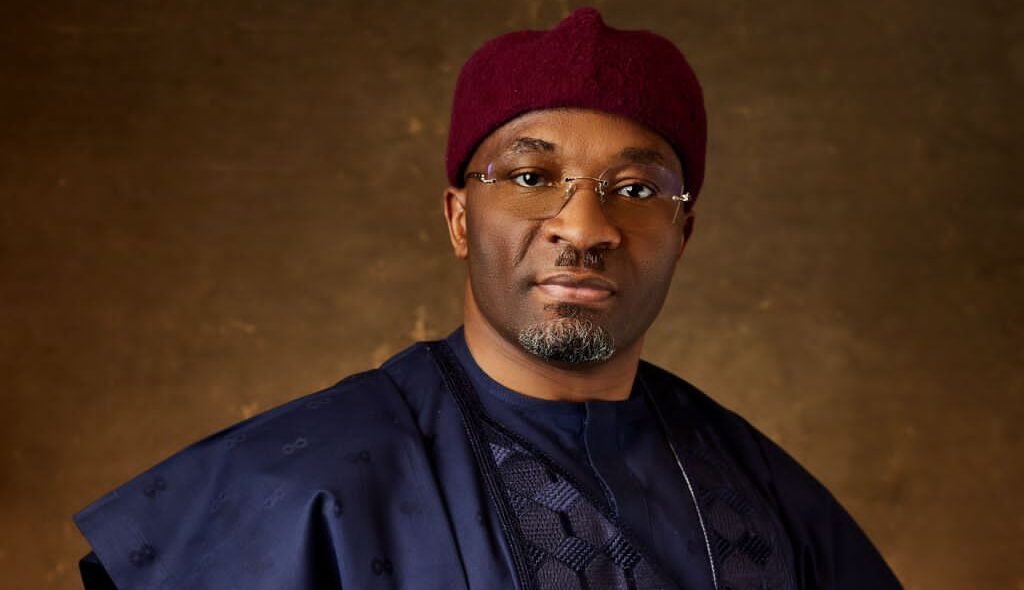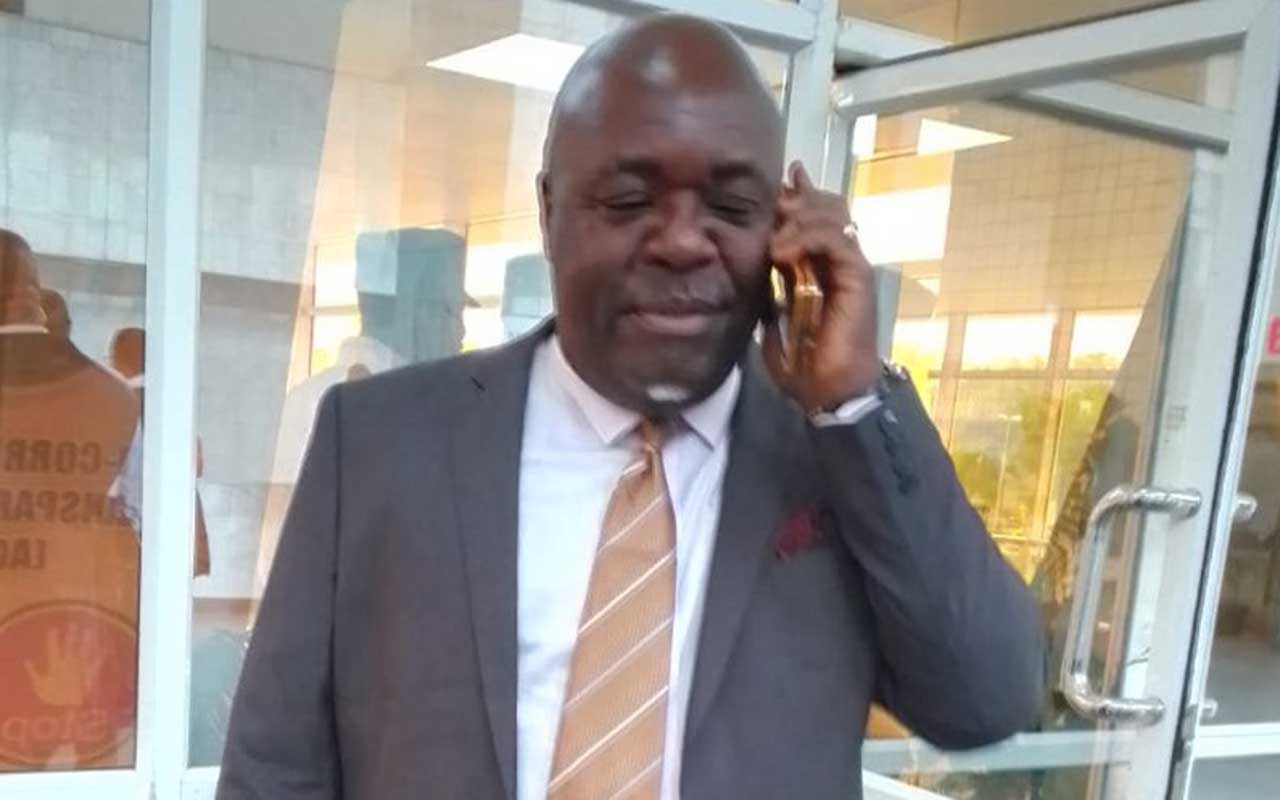In an attempt to bridle the incessant malfeasance occasioned by the use of Point-of-Sale (PoS) machines by men of the Nigerian Police Force (NPF), the Inspector General of Police (IGP), Kayode Egbetokun, ordered that such machines should not be seen within the precincts of these facilities. YETUNDE AYOBAMI OJO reports that such a measure totally falls short of checking the deep-seated misconduct that has become the norm among officers.
Of late, the value of transactions made through Point-of-Sale (PoS) machines has been on the rise. As of 2023, the transactions were worth over N860 billion.
This represents a significant increase compared to previous years. Indeed, in the first three months of 2024, PoS transactions value jumped to N2 trillion due to the new naira redesign debacle, but later came down the slope when the naira scarcity eased off.
These numbers, sourced from the Nigerian Inter-Bank Settlement System (NIBSS), show a steady rise in the use of the PoS in the country. They also reflect the country’s increasing shift towards cashless transactions and digital payments.
However, while the use of this channel is recommended for ease of transactions, members of the Nigerian Police Force have perpetuated the devious habit of extorting suspects using the device, hence, the ban of the use of these terminals within the precincts of police stations.
The Inspector General of Police (IGP), Kayode Egbetokun, in handing down the directive said that the ban of PoS and other mobile money transaction devices within police stations, and other police facilities across the country was part of moves to end the era of self-enrichment and bribery.
He said the ban followed public outcry on alleged “illegal and illicit transactions through PoS machine operators, who connive with certain police operatives to rip-off citizens at police facilities.”
The Force Public Relations Officer, Olumuyiwa Adejobi, an assistant commissioner of police (ACP), regretted that some commands and formations have continued to flout the regulation, adding that the ban was aimed at preserving the security and integrity of police operations.
He said: “The IGP warns that any violation of this ban would attract severe sanctions on the leadership of the affected commands and formations.”
But despite this directive, checks by The Guardian showed that while obvious use of these devices is not glaring in stations visited, they are fully operational within earshot of such police formations, and it causes policemen no skin pain to reach out and do “business” in a jiffy.
The Guardian further learnt that some of the PoS machines are, either owned by police operatives, or the operators are relatives of serving officers.
Given this scenario, getting these devices in and out of police stations and formations to extort suspects still blooms albeit clandestinely.
According to 22-year-old Freeborn Adeoye, who was arrested by a police officer attached to the Agbado/Oke Odo station, for having tattoos on his hand and neck, upon sighting him in a tricycle, he was asked to alight and thereafter shepherded to a waiting Toyota Hilux vehicle, where he and other suspects were driven to the police station.
“I was inside a tricycle popularly called Keke Marwa that was going to the Command area, from Abule-Egba, and was stopped at the Agbelekale area by a team of police officers conducting stop and search operation,” Adeoye said adding: “When we got to the police station, they marched us to a cell without a window, and asked us to remove our belts, slippers and collected our mobile phones.
“After spending hours there, they started calling us out one after the other. When it was my turn, they asked me to pick up my phone and unlock it.
“I quickly complied and the officer started opening and reading my emails. He asked what I do for a living. I told him that I am a part-time student, and also run a barbershop. He asked for my identity card, which I showed to him.”
According to him, having found nothing incriminating about him, they sat him in a waiting room, and called a PoS operator, who arrived with the machine, and he was asked to make a transfer of N10,000, which he did and regained his freedom.
“They had already asked me if I was a Yahoo boy, and why I drew a tattoo on my body. But I told them I do tattoos for clients as well, and so, use mine as a form of advertisement. But they were bent on extorting me. I fear Nigerian Police,” he exclaimed.
Daily, thousands of Nigerians suffer Adeoye’s fate with the matter getting worse with every passing day.
Reacting to whether the ban would curb corruption and extortion among police officers, a Lagos-based lawyer, Dr Yemi Omodele, said that even if the ban bears any semblance of fruits, police officers would devise another means of exploiting Nigerians.
He said: “It is easier to give directives than to comply with it. The question is this, does this directive restrict police officers from using PoS or other means of electronic transfer some metres away from the police station? So, the problem has not been addressed. They will devise another means to exploit Nigerians.
“Are they aware that some policemen do not commit these atrocities through the use of PoS or electronic transfers? The bigwigs in the police do what I regard as cash at hand.
“How would this be curbed? The non-big wigs are the ones involved in PoS or transfer of funds. Police need orientation and reorientation to control the problem. The law enforcement agency needs to pay its operatives living wages with better working conditions. These will go a long way to help us address the problem.”
A former Ikorodu Branch Chairman of the Nigerian Bar Association (NBA), Mr Bayo Akinlade, urged the IGP to set in motion stricter measures to curb impunity and the demand for bribes within police stations, by encouraging the activities of police duty solicitors and giving the judiciary full cooperation in visiting police stations monthly as provided under Section 34 of the Administration of Criminal Justice Law of Lagos State.
He said: “Frankly, the acknowledgment that this extortion and exploitation exist is a good sign from the police boss. However, a ban on PoS operators may not be the solution. Certainly, not if a POS operator is around the vicinity of the police station legitimately doing his or her business. These exploitative behaviours by some police officers can be handled with a strategic long-term intervention to minimise corruption within the police.”
For Abdulrasheed Ibrahim, a lawyer, what Nigerians need most is a change of attitude by the police. In recalling the late sage, Chief Obafemi Awolowo’s words thus: “As long as Nigerians remain what they are, nothing clean, principled, ethical, and idealistic can work with them,” Ibrahim stated that since the officers are Nigerians, they would remain what they are, unless the evil, which dominates their hearts, at all levels, and in all sectors of political, business and governmental activities are exorcised.
Until Nigerians embrace discipline and patriotism, he said, the country may not make progress.
Also, a human rights activist, Mr Kabir Akingbolu, believes that banning the use of PoS at stations will not stop the corruption within the system, because police are so used to it.
“The police should give an order that any officer that is found wanting to collect money from a suspect should be dealt with. This is the most important thing. They do it on the road, which is an eye-sore, and more damning. So, they do it everywhere and not just at the police stations alone,” he pointed out.


















